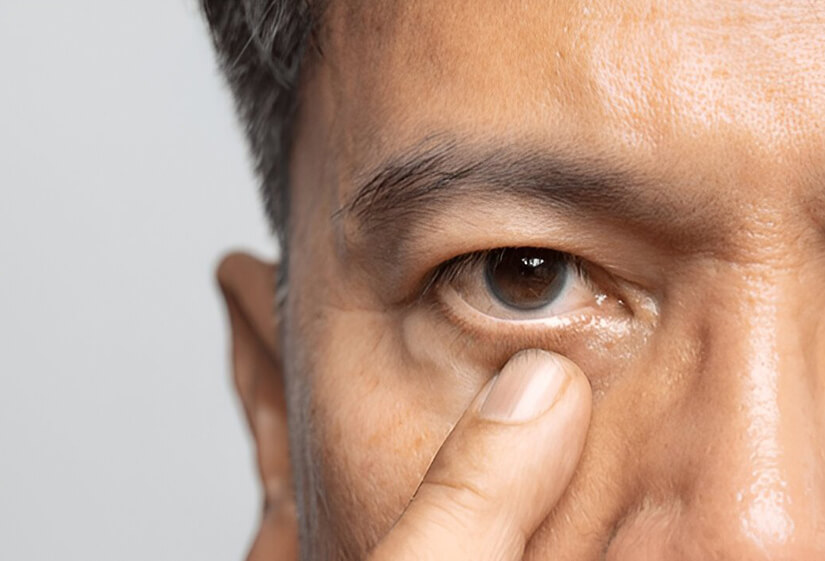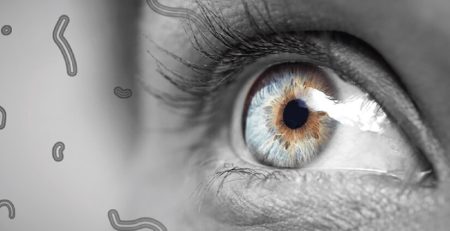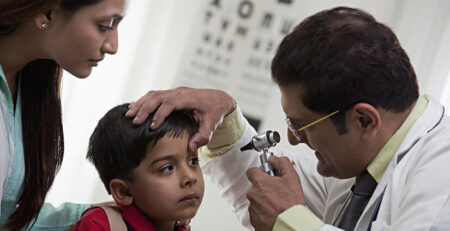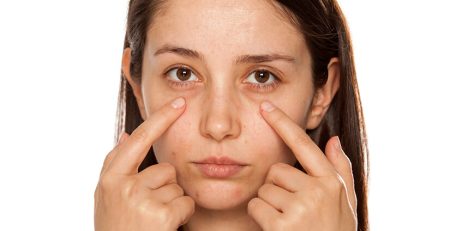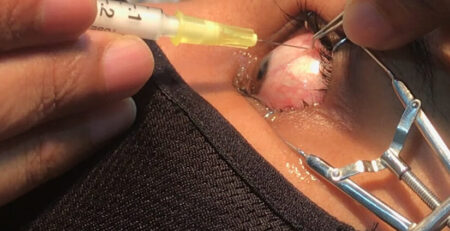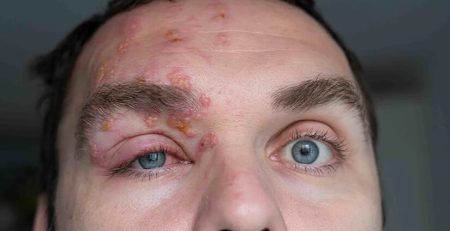Pinguecula: Symptoms and Treatment
Have you ever noticed a small, yellowish bump on the white part of your eye and wondered what it could be? While it might look alarming, this tiny spot is often harmless. It’s called a pinguecula, and understanding symptoms and pinguecula treatment can help you manage it effectively.
Let’s understand pingueculas with a human touch, blending expert advice so you know exactly what to do.
What is a Pinguecula?
A pinguecula is a common, non-cancerous growth on the conjunctiva, the clear, thin tissue covering the white part of your eye. It usually appears as a small, yellowish bump on the side of your eye closest to your nose. But what exactly causes this bump? Prolonged exposure to sunlight, wind, dust, or even dry conditions can lead to the formation of a pinguecula. It’s your eye’s way of defending itself against these irritants, but sometimes, this defence mechanism creates a visible bump that can be bothersome.
Pinguecula Symptoms: How to Spot it?
Spotting a pinguecula is often simple because of its distinctive appearance. However, you might also experience other symptoms that are less obvious. These can include:
- Redness: The area around the pinguecula may become inflamed, leading to noticeable redness.
- Dryness: A pinguecula can disrupt the tear film on your eye, causing dryness and discomfort.
- Irritation: You might feel like there’s something in your eye, like a grain of sand or a small particle.
- Itching or Burning: Some people experience itching or a burning sensation, particularly if the pinguecula becomes inflamed.
If you notice these pinguecula symptoms, it’s a good idea to pay attention to your eyes and avoid further irritation. But what should you do if these symptoms persist? That’s where pinguecula treatment comes in.
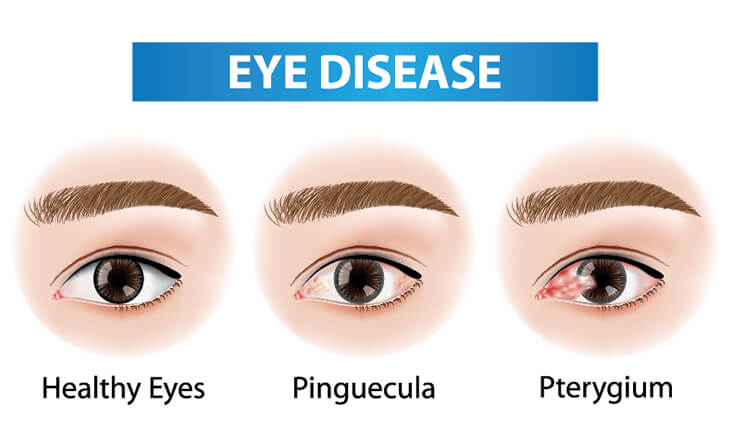
Pinguecula Treatment: What Are Your Options?
When it comes to pinguecula treatment, there are several options depending on the severity of your symptoms. In most cases, treatment is not required unless the pinguecula causes significant discomfort or affects your vision.
- Artificial Tears: For mild cases, lubricating eye drops, also known as artificial tears, can relieve dryness and irritation. These drops keep your eyes moist and comfortable.
- Anti-Inflammatory Eye Drops: If your pinguecula becomes inflamed, your eye doctor might prescribe anti-inflammatory eye drops to reduce redness and swelling. These drops can help calm the eye and make the pinguecula less noticeable.
- Surgical Removal: In rare cases where the pinguecula is large, causes persistent discomfort, or affects your vision, surgical removal might be recommended. The procedure is relatively simple, and recovery is usually quick. However, surgery is only considered when absolutely necessary, as pingueculas are generally harmless.
When considering pinguecula treatment, it’s important to consult an eye doctor, particularly if you live in a city like Delhi, where environmental factors like pollution and dust can exacerbate eye conditions.
Preventing Pinguecula: What You Can Do?
Prevention is always better than cure, and there are steps you can take to reduce your risk of developing a pinguecula. Protecting your eyes from environmental irritants is crucial. Here’s how you can do it:
- Wear Sunglasses: Sunglasses with UV protection can shield your eyes from the harmful effects of the sun, reducing the risk of pinguecula formation.
- Use Protective Eyewear: If you’re exposed to dust, wind, or chemicals regularly, consider wearing protective goggles to keep your eyes safe.
- Keep Your Eyes Moist: Using lubricating eye drops can help maintain the moisture in your eyes, particularly in dry or windy environments.
When to See an Eye Doctor?
While pingueculas are typically harmless, it’s important to monitor any changes in your eye health. If you experience pinguecula symptoms like persistent redness, irritation, or vision changes, it’s time to see an eye doctor. In Delhi, where environmental factors can contribute to eye issues, consulting with a specialist can help you get the right treatment and prevent complications.
What to do next?
If you’ve noticed any of the symptoms mentioned above or if your pinguecula is causing discomfort, it’s crucial to seek professional advice.
Dr. Anisha Gupta, a renowned eye specialist in New Delhi, can provide expert consultation and tailored treatment options to ensure your eyes remain healthy and comfortable. Whether you need advice on managing symptoms or are considering treatment, Dr. Gupta’s clinic is equipped with the latest technology and expertise to help you see clearly again.
Don’t wait for the discomfort to escalate—schedule your consultation today and give your eyes the care they deserve.

